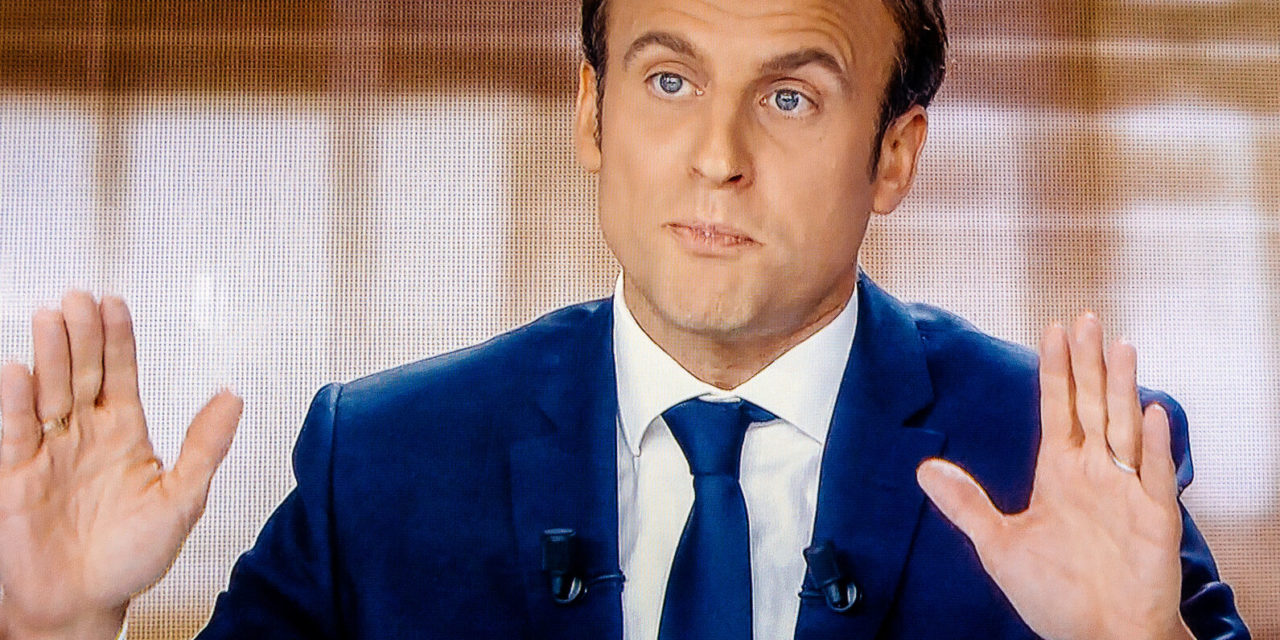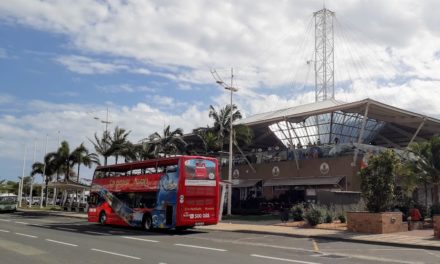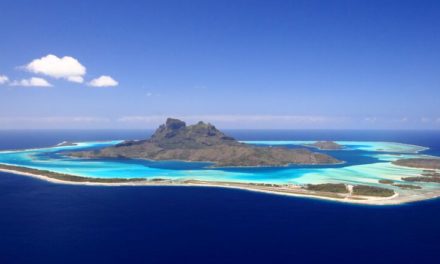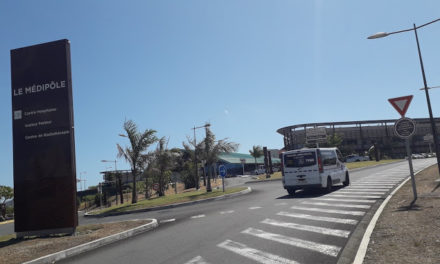Emmanuel Macron arrives in New Caledonia for three days on Monday 24. He previously visited in 2018. Discussions are tense between loyalists and independentists.
New Caledonia is living through a very important period in its history. After the civil war of the 1980s, the pro-independence and loyalist parties signed the Matignon Accord and then the Nouméa Accords. These agreements brought 35 years of peace. There were then two referendums (2018 and 2020). Twice, New Caledonians said NO to independence. The third referendum in 2021 also resulted in a NO to independence, but it was boycotted by the independentists. In their eyes, it has no value. The period of the Nouméa Accords is over.
Very tense discussions
For several months now, the two political camps have been trying to hold talks. They have held talks with representatives of the State, but each side is on its own. They have not yet managed to have three-way talks (State, independentists and loyalists).
Perhaps the arrival of the President of the Republic will be an opportunity to finally launch negotiations. Independence in the short term seems unlikely. On the other hand, the independentists want a “trajectory” towards independence to be defined. This probably means not opening up the electorate too much to French nationals from Metropolitan France (the hexagon) and transferring to Caledonia powers that are still held by the State (police, defence, justice, currency, school curricula, etc.). On Wednesday, Emmanuel Macron will give a speech in Place de la Paix, in the centre of Nouméa. This speech is eagerly awaited…





